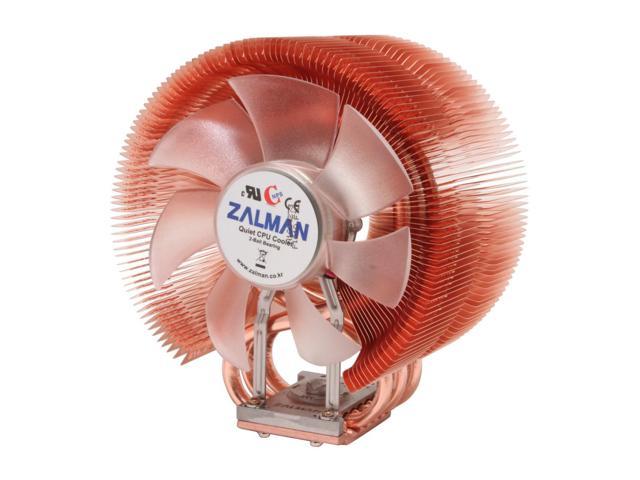What is your average CPU temperature?
I was just wondering, Mine normally stays around a healthy 59C when idle and 60-63C when in use
I was just wondering, Mine normally stays around a healthy 59C when idle and 60-63C when in use

 do you turn your PC on once a month or something? or do you just have a freezing cold room? or in the freezer? My room that the PC is in is on average 20C.
do you turn your PC on once a month or something? or do you just have a freezing cold room? or in the freezer? My room that the PC is in is on average 20C.

Comment